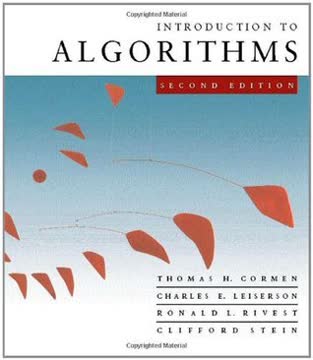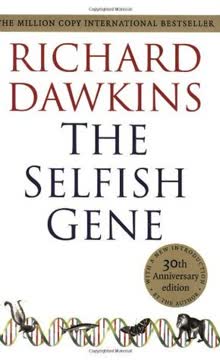Key Takeaways
1. Algorithm Design: A Powerful Lens
The deeper issue is that the subject of algorithms is a powerful lens through which to view the field of computer science in general.
The Core Task. Algorithm design is the art and science of solving computational problems efficiently. It involves two fundamental steps: first, distilling the messy details of a real-world problem into a clean, precise mathematical formulation, and second, identifying the right algorithmic techniques to solve that formulation. This process is iterative; understanding available techniques helps in formulating problems effectively.
Pervasive Ideas. Algorithmic thinking extends far beyond traditional computer science. From Internet routing debates to biological sequence comparison, from financial modeling to hospital staffing, algorithmic ideas provide the language to express underlying questions and constraints. Recognizing these patterns allows us to apply computational solutions to a vast range of challenges.
A Design Process. Developing sophisticated algorithms often involves exploring multiple approaches, including initial ideas that might fail. Understanding why simpler methods, like greedy heuristics, don't work can reveal crucial structure about a problem. This iterative process of formulation, design, analysis, and refinement is central to the field.
2. Analyzing Efficiency: The Power of Polynomial Time
The mathematical definition of polynomial time has turned out to correspond surprisingly well in practice to what we observe about the efficiency of algorithms, and the tractability of problems, in real life.
Quantifying Efficiency. To move beyond subjective notions of "running quickly," we need a concrete, platform-independent definition of efficiency. Analyzing algorithms involves understanding how their resource requirements, primarily time and space, scale with increasing input size. This scaling behavior is captured by mathematical functions.
Polynomial vs. Exponential. A key distinction is made between polynomial and exponential running times. An algorithm runs in polynomial time if its worst-case running time on inputs of size n is bounded by c * n^d for constants c and d. Exponential time algorithms, bounded by r^n for r > 1, grow vastly faster. The gulf between these classes is enormous, making polynomial time a strong indicator of practical tractability.
Asymptotic Notation. We use O(), Ω(), and Θ() notation to express the growth rate of functions, ignoring
[ERROR: Incomplete response]
Last updated:
Review Summary
Algorithm Design receives mostly positive reviews, praised for its readability, intuitive explanations, and focus on understanding rather than memorization. Readers appreciate its in-depth coverage of advanced topics and real-world problem-solving applications. Many consider it superior to CLRS for learning, though less comprehensive as a reference. The book's approach to explaining complex concepts, solved exercises, and varied difficulty problems are highlighted as strengths. Some criticisms include verbose notation and limited coverage of certain topics, but overall, it's highly recommended for graduate-level algorithm study.
Similar Books
Download PDF
Download EPUB
.epub digital book format is ideal for reading ebooks on phones, tablets, and e-readers.












